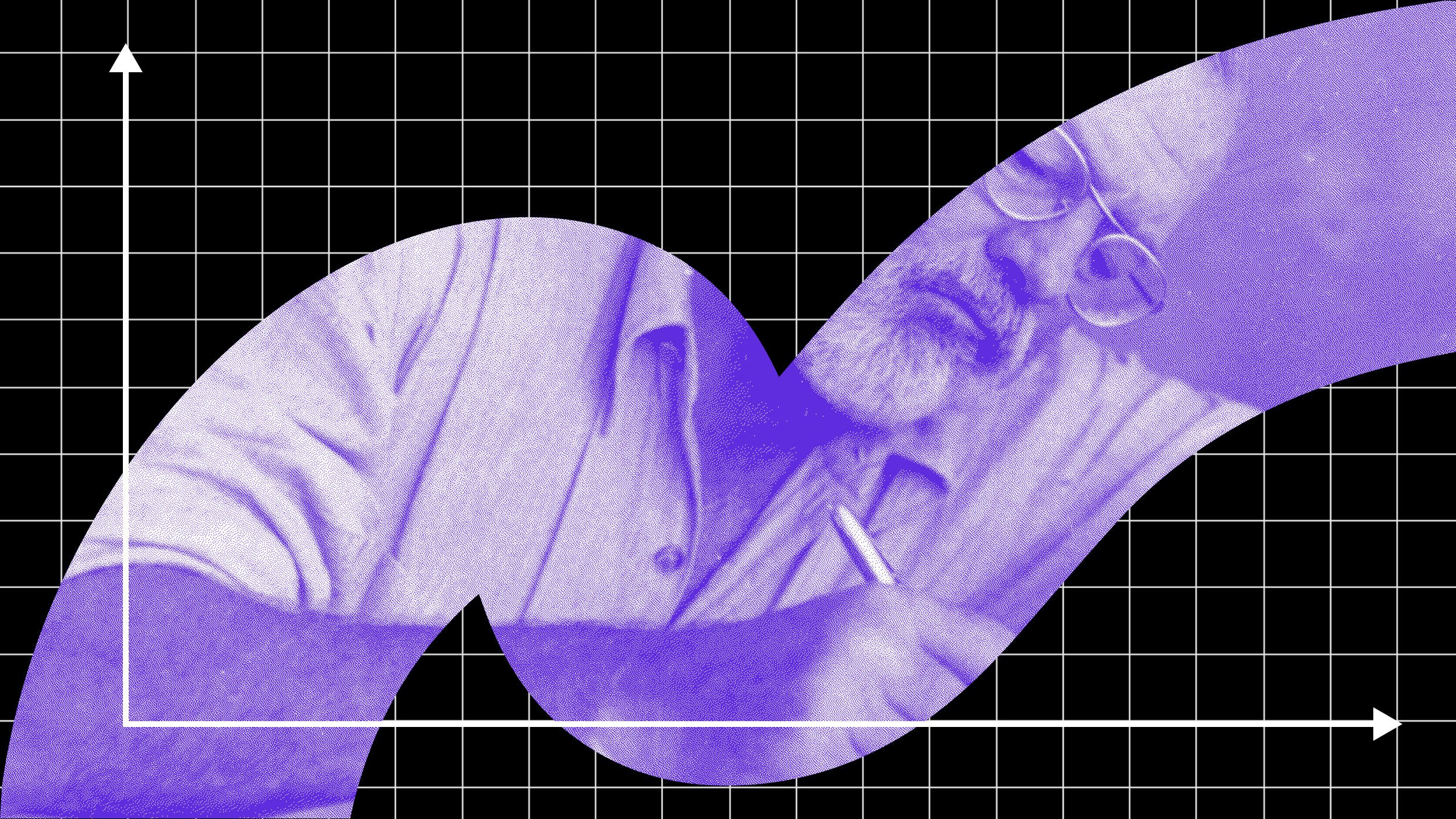Not reaching your potential? Don’t overthink it, study suggests

Photo credit: Lee Campbell on Unsplash
- A recent study explored how people feel about the discrepancies they perceive between who they are now, who they aspire to be, and who they think they ought to be.
- The researchers specifically explored how rumination mediates our negative feelings about these discrepancies.
- Rumination only seemed to mediate our negative feelings about perceived discrepancies between our actual selves and ideal selves.
When you set a goal and fail, which leads to more psychological distress: the failure itself, or excessively thinking about your shortcomings? A recent study found that it’s our excessive negative thinking — or ruminating — about failure that’s most strongly associated with problems such as anxiety and depression.
The study, led by researchers at Australia’s New Edith Cowan University (ECU), explored how people feel about the discrepancies they perceive between their “actual-self” (who they are now) and their:
- “ideal-self” (who they’d like to be; hopes and aspirations)
- “ought-self” (who they think they should be; duties, obligations and responsibilities)
For the study, the researchers asked 138 students (48 men, 90 women) to list four adjectives describing how they would ideally hope to be and four other adjectives describing how they ought to be. The students then rated how closely they think their actual-selves are to those descriptors. Finally, they reported levels of negative rumination, anxious and depressive symptoms.
“Our findings showed that perceiving one’s hopes and wishes [ideal-self] as unfulfilled and the loss of desired positive outcomes increases emotional vulnerability and psychological distress,” lead study author Joanne Dickson, an associate professor at ECU, told ECU News. “Whereas actual-ought self-discrepancies were associated with anxiety (but not depression).”
What’s more, students who tend to ruminate reported feeling more depressed and anxious about not meeting their ideal-self goals.
“It’s not failing to make progress toward our ‘ideal-self’ that is necessarily problematic but rather the tendency to repetitively think about this lack of progress that represents a significant vulnerability that, in turn, leads to increased psychological distress,” Dickson said.
Want to Succeed? Don’t Set Goals, Set Systems
The results also showed that students felt anxious about not meeting ought-self goals, but not depressed — and rumination didn’t mediate either. Why does rumination seem to mediate only ideal-self discrepancies?
“It may be that fulfilling obligations, duties and responsibilities is more pressing or urgent than the pursuit of hopes and the more immediate negative consequences of not fulfilling these ‘ought to’ obligations may mean there is less time to engage in reflective contemplation,” Dickson said.
Setting goals helps to orient us in the world, give our lives meaning, and provide us with regular positive emotions when we make incremental progress toward our ideals. But focusing too much on our shortcomings could lead to unnecessary stress, potentially making it even harder to achieve goals we’re already worried about.
“Reflecting on and at times modifying our self-guides may be helpful, particularly if we are caught in a spiral of negative self-evaluation that is accompanied by a constant sense of failing to meet overly high standards,” Dickson said. “We need to be kind to ourselves and keep our self-guides in perspective.”
The researchers offered two bits of caution about their findings: because their study used a cross-sectional design, they cannot prove that rumination over ideal-self discrepancies directly causes (or is solely responsible for) anxiety and depression; also, they used a student population as participants, and as such their results might not be generalizable to the rest of the population.





